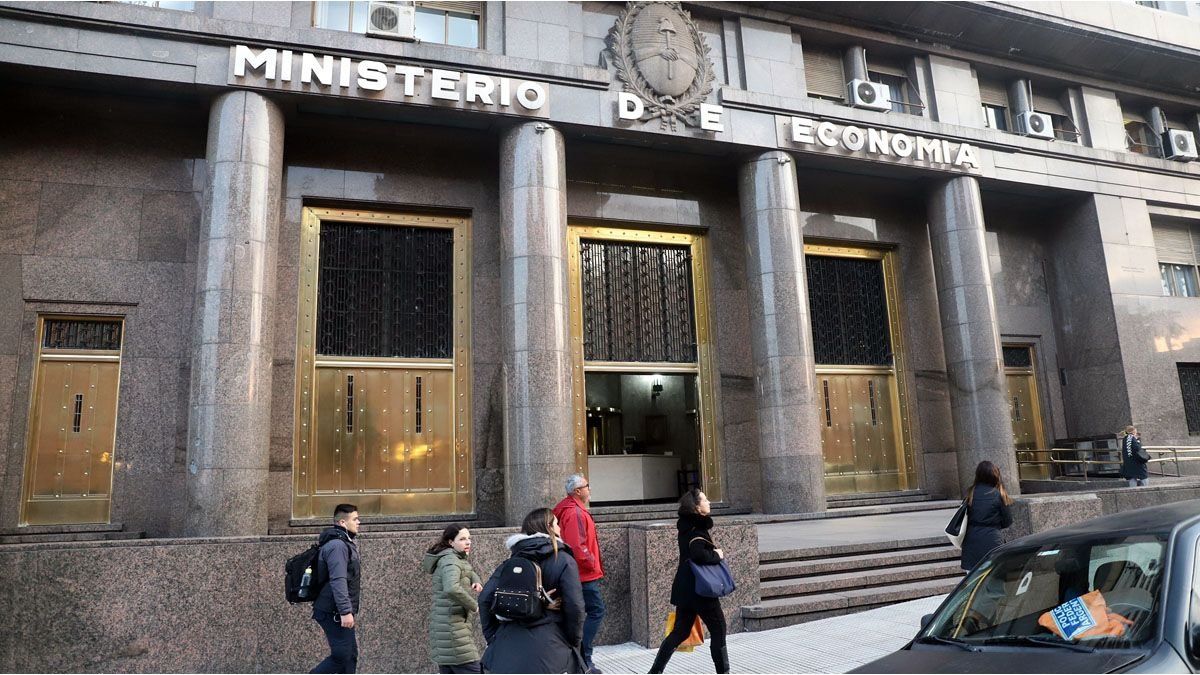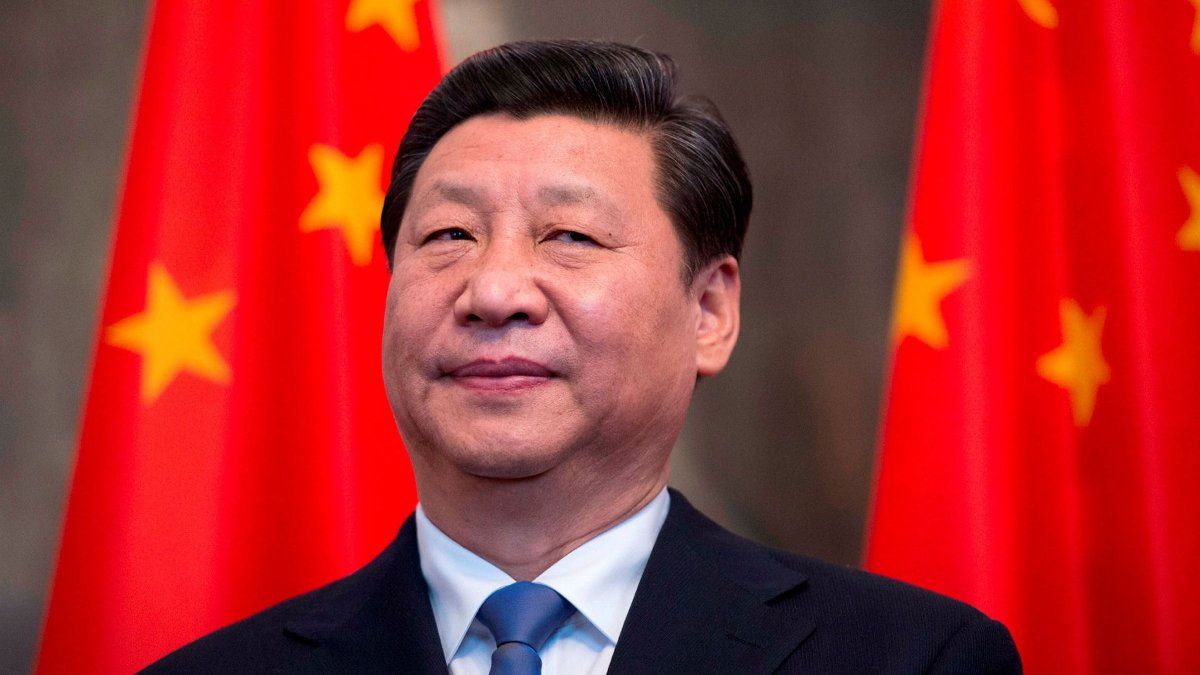The low inflation can bring about an effect not desired by the Government and it liquefies the expense less, that is, There is less room to play with accounting makeup. The opposite effect when it rises is that it dissolves liabilities. In this regard, a study of the Argentine Public Budget Association (ASAP) managed to measure the deviation between reality and the numbers proposed by the Government in terms of spending for next year.
One of the keys is that It predicts lower inflation for this year than what is finally going to happen. This distorts the real spending numbers for this year and places a lower floor for the following year. In other words, it is as if the Government were saying that this year it is spending less money than is actually happening,
The Government has planned for next year a primary expenditure of $105.9 billion. while by the end of 2024 it is estimated that it will be $78.5 billion. If the inflation projections of the 2025 Budget were met, this would imply an increase in the primary spending of the 5.9% in real terms.
The project being analyzed by Congress estimates that inflation in 2024 will be 104%, but for this to happen, the CPI for October, November and December It should be 0.5% per month, something that clearly is not going to happen. So it means that the Spending is underestimated, which allows the Government to show growth for the next year that is not going to happen.
ASAP2.png
If the average inflation pattern for 2025, of 18.3%, were met, as indicated in the draft Budget, then next year, instead of an expansion in spending, it would remain the same as this year in real terms or would rise very much. bit.
According to an analysis, the ASAP, next year it is most likely that there will be an increase in primary spending of half a point. Guido Rangugni, vice director of the entity indicated that “the magnitude of the adjustment has to do with the inflation that will actually occur in 2024.” “If a level of spending is authorized thinking that inflation is going to be 104% this year and it ends up being 115%, it is already out of date, with 10 more points”he explained.
The expert added that “it is being seen that the adjustment of the 2025 spending has a variation level of 6% with this level of inflation.” “If we start at that level, the gap becomes zero and if inflation next year becomes higher it becomes negative,” he concluded.
The study that was presented a few days ago before the Professional Council of Economic Sciences of the City of Buenos Aires indicates that if This month’s inflation was 2.5%, November’s was 1.5% and December was half a point, next year’s spending would grow 4% in real terms in relation to 2024.
If prices grew 3.25%, 3% and 2.75%(which is most likely) then the increase in spending would be half point. Instead, If 3.5% were repeated in the three months, primary spending would drop 1 real point regarding primary spending in 2024.
The Government does not care if the budget is approved
Although the president Javier Milei went in person to present next year’s numbers to Congress, which gives a sense of the political importance assigned to that law, the reality is that after that it began to show signs that if it is not approved is willing to extend the 2023 Budget once again.
The Chief of Staff, Guillermo Francos confirmed in radio statements that the Government is not concerned about the possibility that Congress will not approve the 2025 Budget project. and that he is prepared to extend the current law.
The official reiterated what President Javier Milei had already advanced regarding the decision to deal with the previous budget if necessary. It would be the second consecutive extension, something completely unprecedented in the country.
Francos commented that several conversations have already been held and that Commissions are working to advance the project. “Pretty good progress was made,” said the chief minister. who expressed confidence that it will finally be approved.
However, he clarified that if it is rejected it would undoubtedly be an unfavorable sign. “It would not be very positive to give the signal that we are not capable of drawing up a budget, but if that happens, we will manage with the previous budget. We are not worried about non-approval,” he stressed.
Source: Ambito
I am a 24-year-old writer and journalist who has been working in the news industry for the past two years. I write primarily about market news, so if you’re looking for insights into what’s going on in the stock market or economic indicators, you’ve come to the right place. I also dabble in writing articles on lifestyle trends and pop culture news.




